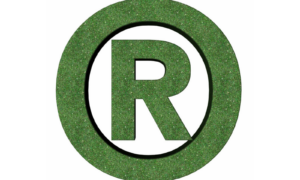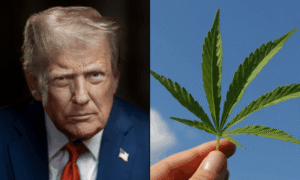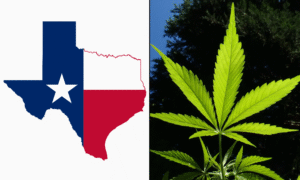No Longer Stuck In The Weeds: Marijuana Insurance Moves Into The Mainstream

Many insurers see the marijuana industry as no different than any other
Medical marijuana is now legal in 29 states and the District of Columbia. Eight states and the District of Columbia now have legalized marijuana for recreational use. Recent polls indicate 61% of Americans believe marijuana should be legalized.
In light of these legalizations and the new attitude, policyholders, agents and insurers have been reconsidering the insurability of marijuana-based industries in the United States. Today, the trend is to allow them to be insured. Many insurers see the marijuana industry as no different than any other. In fact, many insurers believe the risk posed by the marijuana industry is similar to the risk posed by the alcohol industry and believe that both should be insured in a similar manner.
For many years, marijuana was illegal. Thus, simply put, any insurance of marijuana growing or selling operations was considered uninsurable because of policy provisions relating to illegal operations or the public policy against insuring illegal actions. Sometimes this public policy was expressed statutorily, in that a state law made it clear that an insured could have no insurable interest in a property if it was an illegal interest. As recently as 2012, case law expressed this in regard to marijuana. In Tracy v. USAA Casualty Insurance Co., heard in federal district court in Honolulu, Barbara Tracy had marijuana plants stolen from her property. She filed a claim with USAA, which denied her claim on the grounds that she lacked an insurable interest. USAA referred to the following Hawaii statute which stated: “No contract of insurance on property or of any interest therein or arising therefrom shall be enforceable except for the benefit of persons having an insurable interest in the property insured. Insurable interest means any lawful and substantial economic interest in the safety or preservation of the subject of the insurance free from loss, destruction or pecuniary damage.”
USAA argued that since marijuana was illegal under federal law, marijuana plants could not be insured. The plants were not lawful, and there was no insurable interest. The insurer never mentioned state law. The court agreed, and denied Ms. Tracy recovery. But this was 2012, not 1962. The Tracy v. USAA case raised howls of protest. In response to the Tracy decision, in Oregon, where medical marijuana was legal, a statute was passed that specifically stated that no contract would be unenforceable on the basis that the manufacture, distribution, dispensing, possessing or use of marijuana was prohibited by federal law. Washington, on the other hand, made marijuana legal.
Here is the problem: if marijuana is lawful under state law then, at least under state law, it should be insurable. However, if marijuana is still classified as a banned controlled substance under the federal Controlled Substances Act, insurers could still use illegality as a defense. Still, it will be less likely today to be successful.
To Read The Rest Of The Article On Business Insurance, Click Here




































